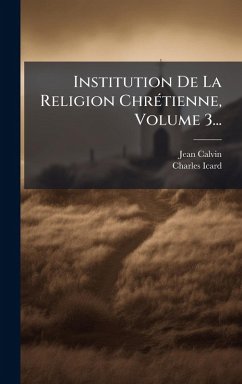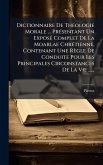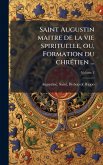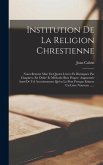Institution de la religion chrétienne, Volume 3, by Jean Calvin and Charles Icard, is a foundational work of Protestant theology originally written in French. This volume continues Calvin's systematic exposition of Christian doctrine, covering topics such as the sacraments, church governance, and civil government. Written during the Reformation, this work offers profound insights into Calvinistic thought and its historical context. The text provides a comprehensive overview of the reformer's theological arguments, making it an essential resource for students and scholars of Reformation history, church history, and systematic theology. This edition offers readers access to Calvin's influential ideas in their original language, preserving the nuances and vigor of his theological arguments. It remains a significant text for understanding the development of Protestant thought and its lasting impact on Western culture. This work has been selected by scholars as being culturally important, and is part of the knowledge base of civilization as we know it. This work was reproduced from the original artifact, and remains as true to the original work as possible. Therefore, you will see the original copyright references, library stamps (as most of these works have been housed in our most important libraries around the world), and other notations in the work. This work is in the public domain in the United States of America, and possibly other nations. Within the United States, you may freely copy and distribute this work, as no entity (individual or corporate) has a copyright on the body of the work. As a reproduction of a historical artifact, this work may contain missing or blurred pages, poor pictures, errant marks, etc. Scholars believe, and we concur, that this work is important enough to be preserved, reproduced, and made generally available to the public. We appreciate your support of the preservation process, and thank you for being an important part of keeping this knowledge alive and relevant.
Bitte wählen Sie Ihr Anliegen aus.
Rechnungen
Retourenschein anfordern
Bestellstatus
Storno

